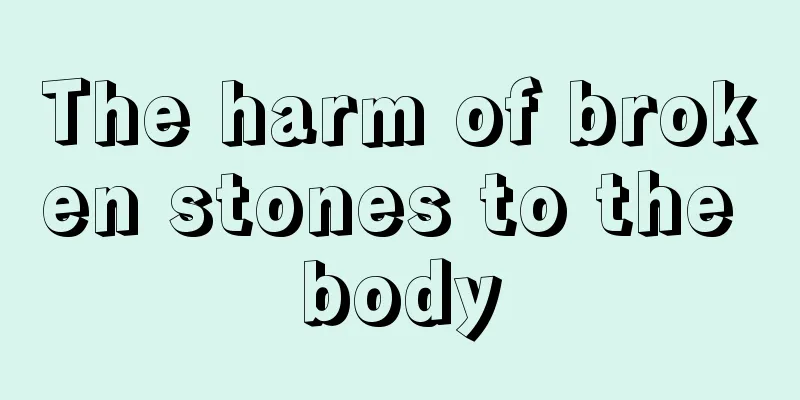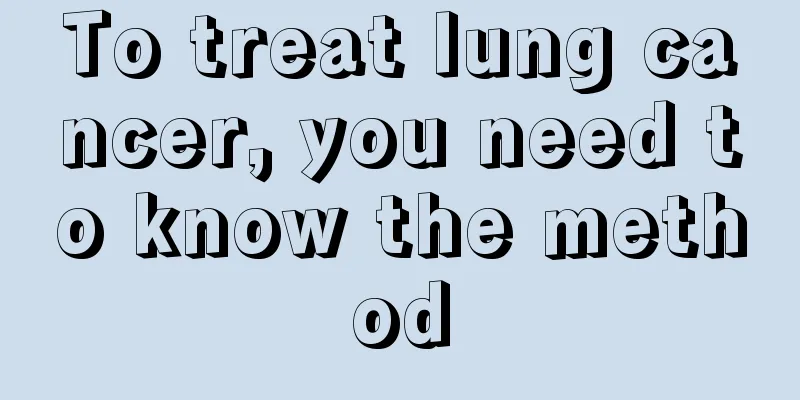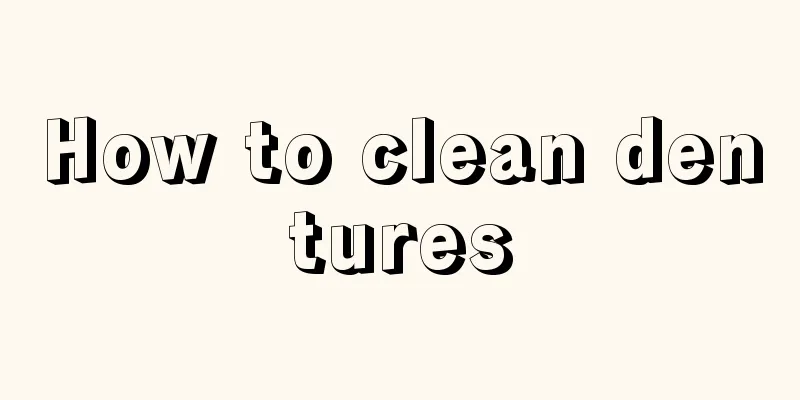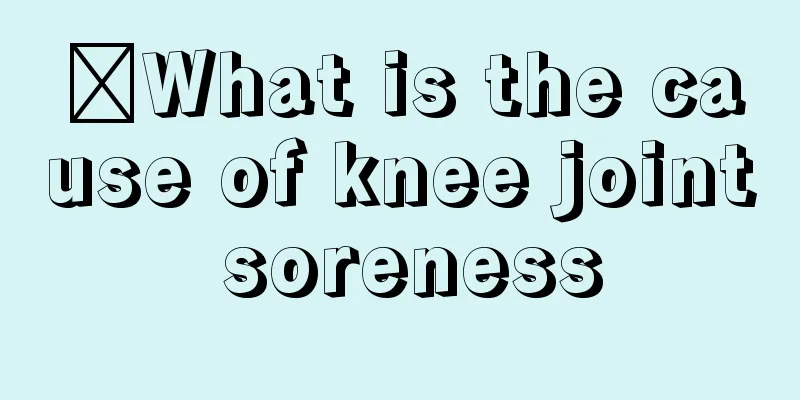How to treat gum atrophy?

|
The lower part of the teeth is covered by the gingiva, which ensures the long-term health of the nerve tube at the root of the teeth. The gingiva is also called the gums. It is a very important tissue part of the gums and plays an important positive role in the healthy standing of the teeth. Gum diseases are relatively common, mainly manifested in gum atrophy, which can lead to a decrease in the strength of the teeth, etc. Let’s take a look at how to treat gum atrophy? Check your mouth carefully, including your gums Many people will look at their teeth after brushing, but many of them do not pay attention to whether the gums are growing normally. The editor did not look at the gums carefully, and when he later discovered that the gums were shrinking, the tartar had already existed for a long time. So if you have the chance, you can carefully check your mouth to see if you have cavities, etc., including whether your gums are healthy. If you find gum recession, you should go to the hospital for diagnosis as soon as possible. If you find that your gums are shallower than usual and the roots of your teeth are about to show, you need to go to the hospital to confirm the cause of the gum recession. If the cause is not found and treated as soon as possible, the gums will not be able to return to their previous position. Causes of gum recession, such as dental calculus, periodontal disease, etc. There are many reasons for gum recession, but the more common ones are tartar or periodontal disease. Tartar basically spreads from the inside to the outside, so it is difficult to detect. The same is true for periodontal disease. Therefore, once you go to the hospital, you must get a definite answer from the doctor, and continue to ask if you have any hesitation. Learn the correct way to brush your teeth The correct way to brush your teeth should always be kept in mind. For example, brush the surface vertically first, brush the inside of the teeth at a 45-degree angle, and then brush the upper and lower surfaces and the surface of the teeth. Three minutes is the best time to brush your teeth. Do not use too much toothpaste, just the right amount. Replace toothbrush every 2-3 months and toothpaste every month Toothbrushes need to be replaced regularly, generally every 2-3 months. If you brush your teeth frequently, you can replace them earlier. It is best to change toothpaste every month. Using the same toothpaste for a long time is not good. |
<<: How to treat gingival recession?
>>: What are the treatments for gum hypersensitivity?
Recommend
How to detect bladder cancer early?
Hematuria is the most common and earliest symptom...
Effects of saturated sodium chloride solution
Sodium chloride is rarely heard of, and most peop...
What are the foods that can help you sober up
Nowadays, many people always enjoy our lives exce...
Can colorectal cancer be cured?
Because colorectal cancer is divided into colon c...
What are the symptoms of advanced lung cancer?
What are the symptoms of advanced lung cancer? 1....
What kind of diet should lung cancer patients pay attention to?
Lung cancer is one of the most recognized disease...
What is the cause of knee joint swelling
The elderly should pay attention to their daily t...
What's wrong with my legs feeling weak and sore
Some people may feel uncomfortable in their legs ...
Add wolfberry to beer
Among today's young people, there are more an...
What does it feel like when the left ovary ovulates?
Follicles appear in a woman's ovaries, then c...
What to do if your face becomes particularly hot due to skin inflammation
Inflammation is a physiological infectious reacti...
Is esophageal cancer hereditary?
Patients with esophageal cancer often worry about...
What are the nursing methods for endometrial cancer
We all know that there are many diseases that thr...
What should I eat to improve my memory?
The nutrition in food has a great impact on the h...
What is the difference between microwave sterilization and light wave sterilization
Sterilization is very common in our lives. The pr...









